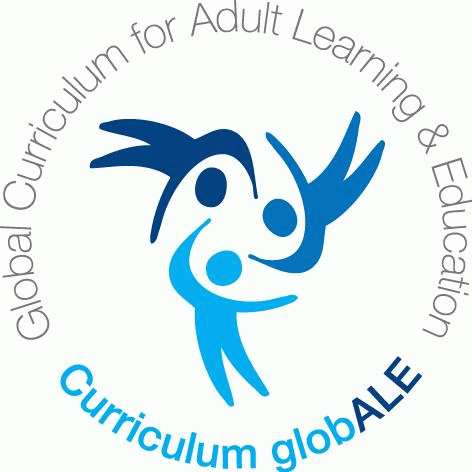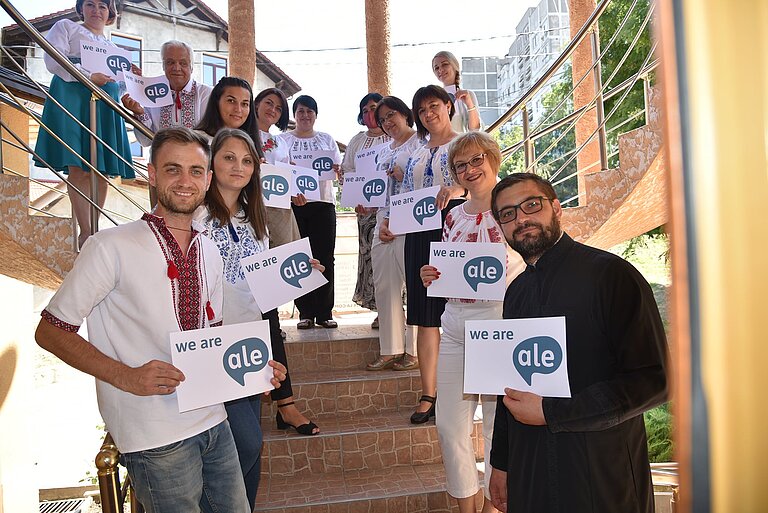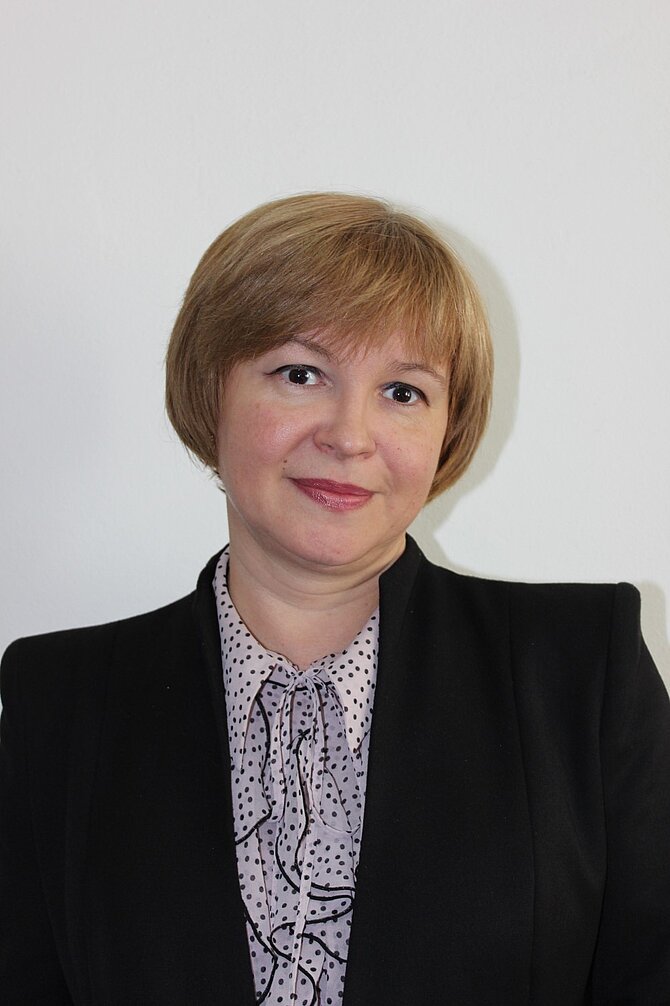Curriculum globALE in Moldova – Local trainers are steadfast learners
No one learns as much about a subject as one who is forced to teach it.
Peter Drucker
Moldova, a tiny country in Southeast Europe, has traditionally developed a rather classical approach towards teaching and learning, mostly targeting children and youth. With the emergence of a market-based society, the education system as a whole was reconsidered and more western pragmatism in structuring the didactic approach was added. But it also facilitated the creation of a culture of permanent learning for people of all ages, including adults. This breakthrough was already palpable in 2010 when the DVV International office was established in Moldova to contribute to a more systematic establishment of adult education structures.
More than ten years later, DVV International still sees a huge demand for adult educators in communities across the country. The fundamental question arose: Why? Where are all the trained educators? Based on the cooperation with local partner organisations and observations of the socio-economic development, the answer was obvious: Most educators have emigrated to other countries to get better jobs and lives. Thus, the partner organisations aspiring to become community learning centres (CLC) are experiencing a huge demand for new specialists who would be able to develop innovative programmes for everyone.
Applying Curriculum globALE with proficiency levels

The pool of local adult educators is very uneven, ranging from specialists with extended teaching experience (in school or in other contexts) to self-made instructors, interested in certain areas – e.g. beekeeping, traditional embroidery, civic mobilization, music, dancing and more. So far, DVV International Moldova has tried to enhance the skills and competencies of experienced trainers based on Curriculum globALE (CG), DVV International’s core curriculum for training adult educators. However, given the diversity of the educators, it was not always easy to ensure transfer of such a comprehensive curriculum to beginner practitioners. A simplified, yet not simplistic model was needed.
The team in Moldova therefore came up with the idea of reconfiguring the existing CG Train of Trainers programme into a concentric structure, based on levels of proficiency, similar to the international language skills classification. The concept is to keep the level structure of the modules, but to offer them in a measured manner. This allows covering almost the same content of the CG but at different degrees of complexity. The advantage of such an approach is a reduced dropout rate – it is easier to participate in a 48-hour rather than a 160-hour programme. It also contributes to the self-sorting of participants without them losing motivation. People who are not so interested get the sense that they at least completed a certain level, while determined participants always have the possibility to continue in depth in another course. In between the courses, the participants have time to apply learned aspects. This sharpens their further understanding and creates connections.
Librarians apply their knowledge from the Curriculum globALE training
An example of such an occurance dates back to the end of last year. A group of librarians, affiliated to the municipal library of the capital Chisinau, participated in a course of 12 meetings of four hours each. In early December 2021, the municipal library “B.P. Hasdeu” conducted “Days of Non-formal Education” – a set of concomitant learning activities for all categories of library customers. Activities were run in most of the 28 branches simultaneously and were conducted by the newly-trained specialists. Some of the activities were brand new for customers, but were directly inspired from sessions attended in the DVV International course.

The model is still being tested and adjusted. Solid lessons are still to be drawn. Only two groups passed through this process in 2021. The model was offered in a blended format – mostly in live sessions and partially online. Although online participation helps reduce distances and opens better access to learning in a country with relatively poor infrastructure, the implementation team concluded that responsibility and involvement is not comparable to meeting face-to-face. Online is tempting to both children and adults to simulate “technical issues”, to get disconnected from the contents and, eventually, enter an area of “destructive” comfort. True learning is about going outside of the box and trying new experiences, including teaching what has been learnt. Developing one’s own teaching design is useless unless it is appraised in interaction with recipients; nothing helps more than the actual effort to bind personal learning with the guiding of others. We hope our local trainers will commit themselves to practically permanent self-improvement through education.



